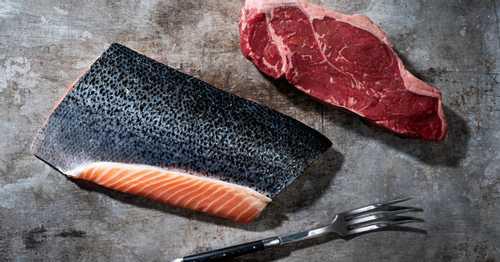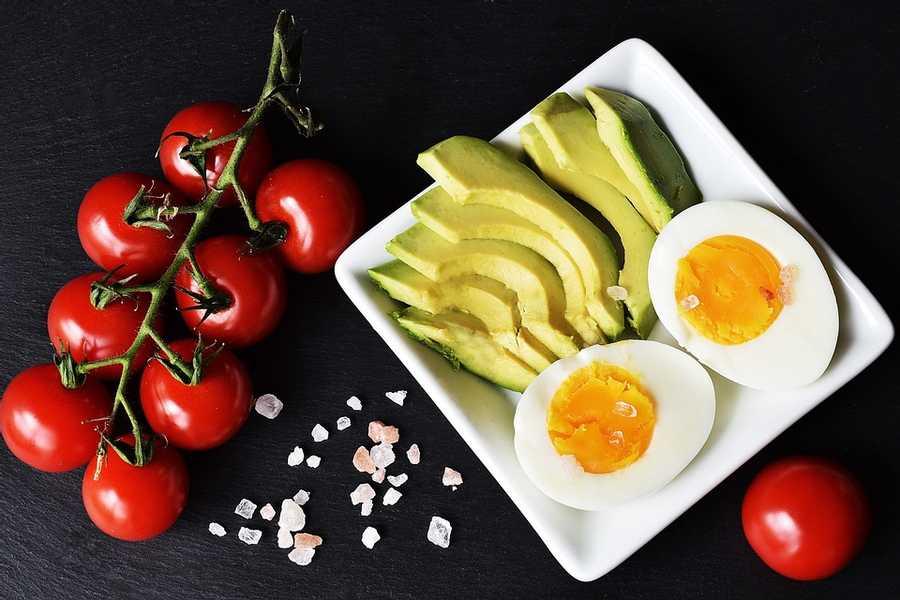Explore the World's Best Ideas
Join today and uncover 100+ curated journeys from 50+ topics. Unlock access to our mobile app with extensive features.
The general Keto diet
The Keto diet is one of the biggest diet phenomenons today. It is the most Googled diet of 2018 and has surpassed Weight Watchers and other low-carb regimens, Atkins and Paleo.
There is a considerable variation in how humans respond to nutritional and dietary tweaks in this overhyped craze, but not without merit. There is a growing body of science exploring keto as a potential thwart for Type 2 diabetes and other illnesses.
64
400 reads
Keto is a no-carb diet
Carbohydrates account for about half the calories on average in the American diet. Rice, maize, and wheat provide 60 percent of the world's food energy intake, even though there are more than 50,000 edible plants.
Keto is practically no-carb, forbidding processed junk foods and severely limits grains, including whole grains, fruits, and legumes such as brown rice, apples, and lentils. Keto adherents think conventional nutritional wisdom is harmful.
56
318 reads
Keto is a cultural identity
Keto is more than just a diet. It is a cultural identity.
The Keto diet changes how adherents think about medicine and nutrition. With the fake news that dominates the news cycle, it's not surprising that keto went viral. It's anti-establishment.
53
348 reads
Benefits and side-effects of the keto diet
A concern of the Keto diet is that it may not be safe for the cardiovascular system since it can drive up cholesterol levels.
Other health professionals believe the high-fat regimen will damage people's kidneys, arteries, and brains. Side effects from "keto flu" include constipation, cardiac arrhythmias, and vitamin and mineral deficiencies.
But, a low-carb diet could be a nutritional treatment option for some patients with diabetes. It also helps people lose weight and get off their medications.
58
288 reads
Understanding ketosis
The body can only store glucose to last a few days. If we don't eat carbs, the body finds other ways to fuel the body, like ketogenesis. In ketogenesis:
- The liver starts to break down fat from food and our body reserves. The useful energy source is called ketone bodies and can replace glucose as fuel when there's a glucose shortage.
- Once ketogenesis starts, the ketone levels rise.
- The body burns fat instead of the usual glucose.
60
291 reads
How to enter ketosis
One way to get in ketosis is through fasting - when you stop eating altogether for an extended period. The body will start to burn fat for fuel and decrease its use of glucose.
Another way is to make your body think it's fasting by eating only about 20 to 50 grams of total carbs per day. (Equivalent to a slice of bread or a small potato.)
63
262 reads
Keto diet percentage
People on the Keto diet aim for:
- Five percent of the calories from carbohydrates from berries and salad.
- Fifteen percent from proteins like salmon and sardines.
- Eighty percent from fats including coconut oil and avocado.
Keto levels can be measured with blood tests, breathalyzers, and urine strips.
59
317 reads
New research on the keto diet
- Keto science is explored for the potential benefits of the diet as part of cancer therapy.
- Another new area of research is using keto to prevent and reduce the severity of flu.
- Studies show that there is a large reduction in seizures in people with epilepsy when following a ketogenic diet.
- Carbohydrate restriction helps control metabolic syndrome, including high blood sugar.
- An ultra-low-carb diet could have a role in treating neurodegenerative diseases, like Alzheimer's and Parkinson's.
70
321 reads
IDEAS CURATED BY
Fiona I.'s ideas are part of this journey:
Learn more about health with this collection
Different Easter traditions around the world
The significance of Easter eggs and bunnies in modern culture
The importance of the holiday in the Christian faith
Related collections
Similar ideas
Read & Learn
20x Faster
without
deepstash
with
deepstash
with
deepstash
Personalized microlearning
—
100+ Learning Journeys
—
Access to 200,000+ ideas
—
Access to the mobile app
—
Unlimited idea saving
—
—
Unlimited history
—
—
Unlimited listening to ideas
—
—
Downloading & offline access
—
—
Supercharge your mind with one idea per day
Enter your email and spend 1 minute every day to learn something new.
I agree to receive email updates

